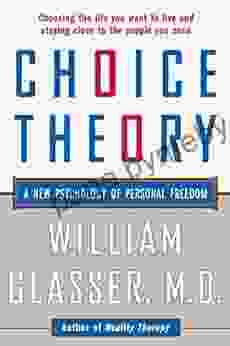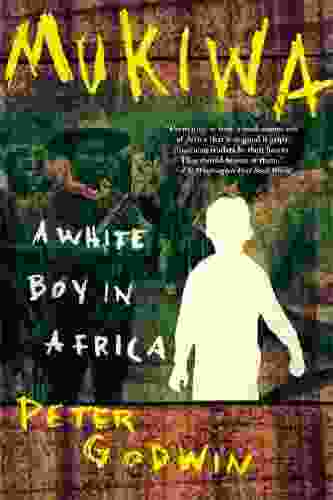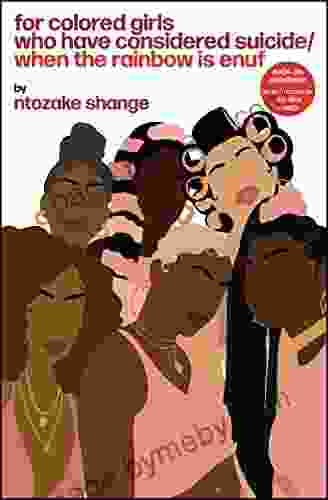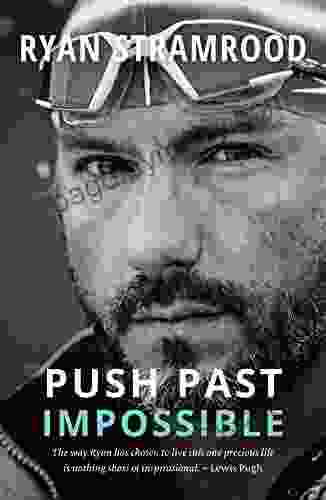Choice Theory: The New Psychology of Personal Freedom

In the pursuit of a meaningful and fulfilling life, we often find ourselves entangled in the complexities of behavior and relationships. Traditional psychology has often focused on external factors or past experiences to explain our actions and choices. However, William Glasser, renowned psychiatrist and author, introduces a revolutionary perspective with his groundbreaking Choice Theory.
4.5 out of 5
| Language | : | English |
| File size | : | 1188 KB |
| Text-to-Speech | : | Enabled |
| Screen Reader | : | Supported |
| Enhanced typesetting | : | Enabled |
| X-Ray | : | Enabled |
| Word Wise | : | Enabled |
| Print length | : | 364 pages |
Choice Theory challenges the notion that we are products of our environment or past, and instead empowers us with the understanding that we are the ones who ultimately control our thoughts, feelings, and actions. This transformative theory provides a roadmap for personal freedom, offering practical tools and insights to navigate the challenges of life and unlock our full potential.
The Five Basic Needs
At the core of Choice Theory lies the belief that all human beings have five basic needs that drive our behavior:
- Survival: The need to feel safe and secure.
- Love and Belonging: The need for meaningful connections and relationships.
- Power: The need for control and influence over our lives.
- Freedom: The need for autonomy and independence.
- Fun: The need for enjoyment and satisfaction in our activities.
When these needs are met, we experience a sense of fulfillment and well-being. However, when our needs are unmet or frustrated, we engage in behaviors that are aimed at satisfying them.
The Cycle of Control
Choice Theory explains that we engage in a cycle of control to fulfill our basic needs. This cycle involves three main components:
- Acting: Taking action to meet our needs.
- Evaluating: Assessing the outcome of our actions.
- Re-acting: Adjusting our actions based on the feedback we receive.
When we effectively meet our needs, the cycle continues positively. However, when we encounter obstacles or fail to satisfy our needs, we may enter a negative spiral of control, characterized by ineffective behaviors and negative consequences.
Taking Responsibility for Our Choices
One of the most powerful insights of Choice Theory is that we are ultimately responsible for our choices. While external circumstances may influence us, it is our choices that shape our lives. By acknowledging this responsibility, we gain the power to control our thoughts, feelings, and actions.
Choice Theory emphasizes that we can choose to respond to challenges in ways that are empowering and productive. Instead of blaming others or dwelling on past mistakes, we can focus on the present moment and make choices that align with our values and goals.
Empowering Relationships
Choice Theory also provides a framework for understanding and improving relationships. It recognizes that all relationships involve a delicate balance of power and control. By understanding our own needs and the needs of others, we can create healthier and more fulfilling connections.
Choice Theory promotes communication, empathy, and active listening as essential ingredients for effective relationships. It encourages individuals to focus on their own choices and behaviors, rather than trying to control or change others.
Strategies for Personal Freedom
The book "Choice Theory: New Psychology of Personal Freedom" offers a comprehensive guide to applying the principles of Choice Theory in our daily lives. William Glasser provides practical strategies and exercises to help readers:
- Identify and meet their basic needs.
- Break the cycle of negative control.
- Take responsibility for their choices.
- Build empowering relationships.
- Achieve personal freedom and fulfillment.
Through real-life examples and case studies, "Choice Theory: New Psychology of Personal Freedom" illustrates the profound impact that this theory can have on our lives. By embracing the principles of choice, we unlock the power to create a more fulfilling and meaningful existence.
Choice Theory is a transformative psychology that empowers us to take control of our lives and relationships. By understanding the five basic needs and the cycle of control, we can make informed choices that align with our values and goals. The principles of Choice Theory provide a practical roadmap for personal freedom, offering strategies to overcome challenges, build healthy relationships, and achieve lasting happiness and fulfillment.
Embark on a journey of personal growth and discovery with "Choice Theory: New Psychology of Personal Freedom." Discover the power of choice and unlock the limitless potential that lies within you.
4.5 out of 5
| Language | : | English |
| File size | : | 1188 KB |
| Text-to-Speech | : | Enabled |
| Screen Reader | : | Supported |
| Enhanced typesetting | : | Enabled |
| X-Ray | : | Enabled |
| Word Wise | : | Enabled |
| Print length | : | 364 pages |
Do you want to contribute by writing guest posts on this blog?
Please contact us and send us a resume of previous articles that you have written.
 Book
Book Novel
Novel Page
Page Chapter
Chapter Text
Text Story
Story Genre
Genre Reader
Reader Library
Library Paperback
Paperback E-book
E-book Magazine
Magazine Newspaper
Newspaper Paragraph
Paragraph Sentence
Sentence Bookmark
Bookmark Shelf
Shelf Glossary
Glossary Bibliography
Bibliography Foreword
Foreword Preface
Preface Synopsis
Synopsis Annotation
Annotation Footnote
Footnote Manuscript
Manuscript Scroll
Scroll Codex
Codex Tome
Tome Bestseller
Bestseller Classics
Classics Library card
Library card Narrative
Narrative Biography
Biography Autobiography
Autobiography Memoir
Memoir Reference
Reference Encyclopedia
Encyclopedia Rob Kosberg
Rob Kosberg Peter Swanson
Peter Swanson Valerie Biel
Valerie Biel Nick Cole
Nick Cole Randy Spencer
Randy Spencer Sean Bryan
Sean Bryan Sandi Schwartz
Sandi Schwartz Penny Brown
Penny Brown Neil Harman
Neil Harman Robert C Marshall
Robert C Marshall Moebius
Moebius Ruth Bader Ginsburg
Ruth Bader Ginsburg Zapheria Bell
Zapheria Bell Natsuki Kizu
Natsuki Kizu Muhammad Yunus
Muhammad Yunus Samuel Gregg
Samuel Gregg P A Choi
P A Choi Mushtaq Shiekh
Mushtaq Shiekh Tim Dorsey
Tim Dorsey Sylvia Hart
Sylvia Hart
Light bulbAdvertise smarter! Our strategic ad space ensures maximum exposure. Reserve your spot today!

 Tyrone PowellYona of the Dawn Volume 15: A Triumphant Return to the Enchanting Kingdom of...
Tyrone PowellYona of the Dawn Volume 15: A Triumphant Return to the Enchanting Kingdom of...
 William FaulknerUnveiling the Enchanting Tapestry of Early Medieval Ireland: A Journey...
William FaulknerUnveiling the Enchanting Tapestry of Early Medieval Ireland: A Journey... Joel MitchellFollow ·14.4k
Joel MitchellFollow ·14.4k Will WardFollow ·7.3k
Will WardFollow ·7.3k Wayne CarterFollow ·11.8k
Wayne CarterFollow ·11.8k Reginald CoxFollow ·8.6k
Reginald CoxFollow ·8.6k Jessie CoxFollow ·9.9k
Jessie CoxFollow ·9.9k John UpdikeFollow ·19.8k
John UpdikeFollow ·19.8k Isaac BellFollow ·13.5k
Isaac BellFollow ·13.5k Brent FosterFollow ·7.6k
Brent FosterFollow ·7.6k
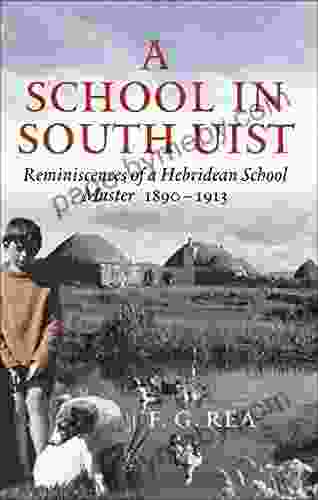
 Isaac Bell
Isaac BellReminiscences of a Hebridean School Master, 1890-1913: A...
Immerse Yourself in a Captivating Memoir of...
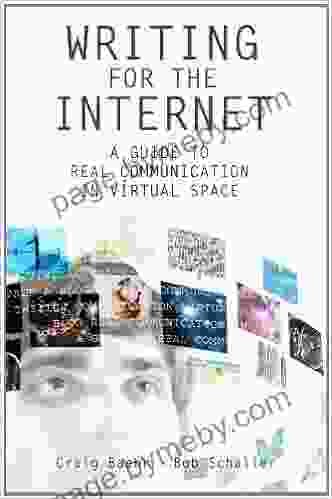
 Blake Kennedy
Blake KennedyMaster the Art of True Connection in the Digital Realm:...
In an era marked by the omnipresence of...

 Terry Bell
Terry BellEleven Poems Printed With Three Well Designed Fonts For...
This book is a...
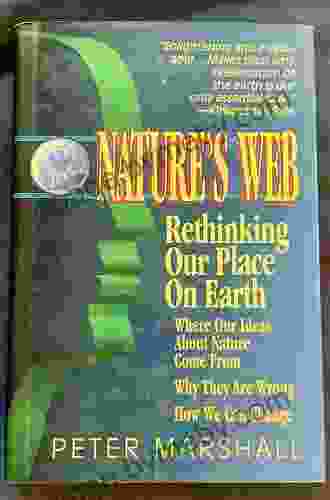
 Jacob Hayes
Jacob HayesThe Interwoven Symphony of Nature: Unraveling Our...
: In the tapestry of life, humanity's...
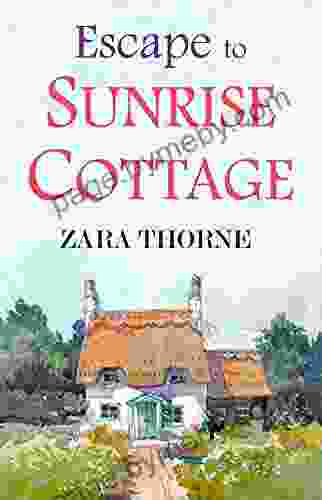
 Jamie Blair
Jamie BlairEscape to Sunrise Cottage
A Sanctuary of Tranquility...
4.5 out of 5
| Language | : | English |
| File size | : | 1188 KB |
| Text-to-Speech | : | Enabled |
| Screen Reader | : | Supported |
| Enhanced typesetting | : | Enabled |
| X-Ray | : | Enabled |
| Word Wise | : | Enabled |
| Print length | : | 364 pages |


